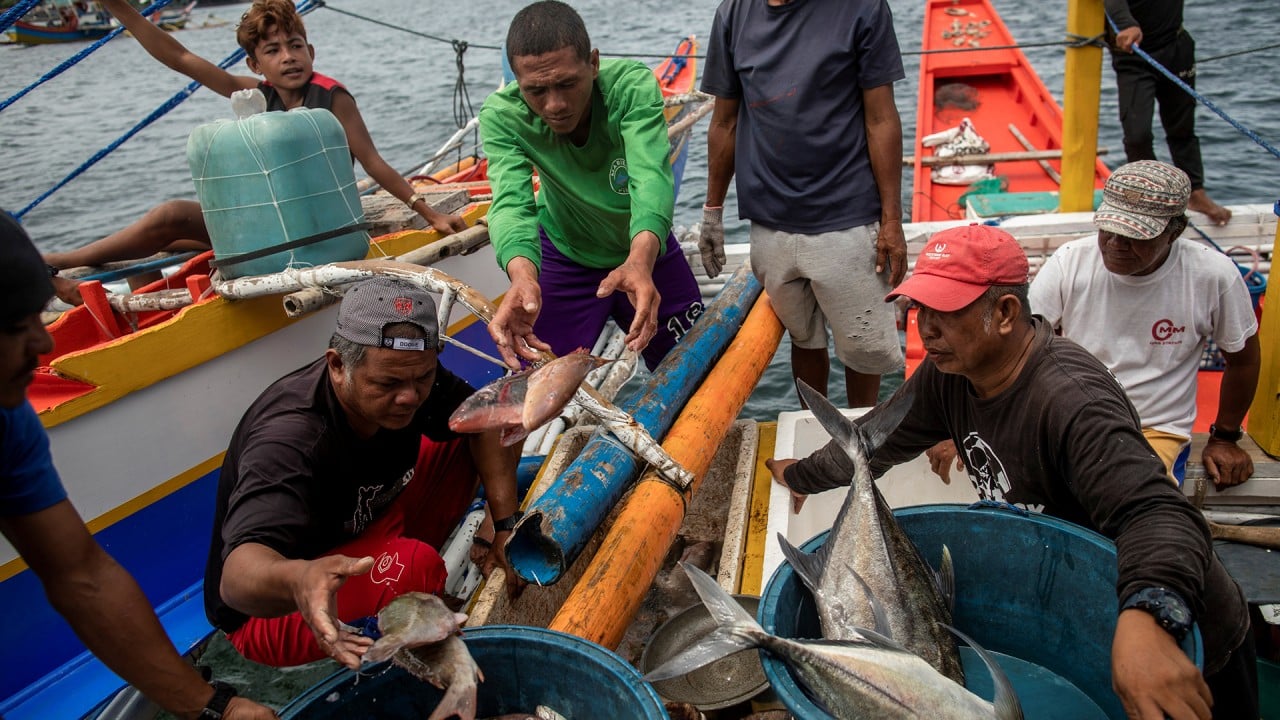
From the South China Sea to the Indian border – a Chinese think tank weighs in on China’s geopolitical risks in 2022
- The threat of a U-turn in the Philippines’ South China Sea policy could loom large after May’s presidential elections, the Centre for International Security and Strategy warns
- The border with India and a French far-right leader are other potential flashpoints
In its forecast of China’s external security risks in 2022, the Centre for International Security and Strategy (CISS) at Tsinghua University said threats on China’s borders and in surrounding waters were of greatest importance.
It said possibilities included “a new leader of the Philippines drastically adjusting its South China Sea policy after taking office, leading to emergencies in the disputed waters between the two countries”.
Duterte has not promoted the ruling, an approach that Ferdinand Marcos Jnr, one of the main contenders for the presidency, supports.
But Vice-President Leni Robredo, another presidential contender, has described China’s presence in Philippine waters as the “most serious external threat” that the country has faced since World War II.
Ideological divisions might also lead to worse relations with major powers, the centre said, with many experts concerned about elections in France in April.
“If far-right candidate Marine Le Pen is elected, it may affect the political stability of Europe and change France’s China policy and China-EU relations,” it said.
Le Pen, from the far-right National Rally party, has said that France should stand up against China’s growing assertiveness in the Indo-Pacific.
Other risks identified by the centre are accidents or emergencies between China and the United States in the waters and airspace surrounding China, such as a repeat of the 2001 aircraft collision.
It said Taiwan remained a hotspot that had potential to trigger a crisis, with the US continuing to to upgrade its relationship with the island to help expand its international space. A military accident in the Taiwan Strait was also a possibility.
“For example, the US military may increase the frequency of flights in the waters and airspace of the Taiwan Strait, resulting in an accident between the People’s Liberation Army and the US military,” the centre said. “This scenario is ranked very high.”
It also warned that political changes in countries along the route of the Belt and Road Initiative might lead to terrorism, particularly in Africa, the Middle East, and South Asia. China should be wary of a spillover of terrorism, separatism, and extremism from Afghanistan that could threaten the security of China and neighbouring countries.
Among the other threats were the escalation of international economic and trade conflicts involving China; changes in international relations in Northeast Asia especially China-Japan relations; cybersecurity; chain reactions triggered by the pandemic; and financial risks in the world’s major economies.



